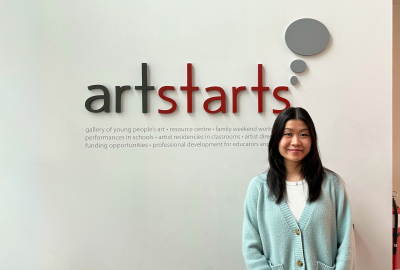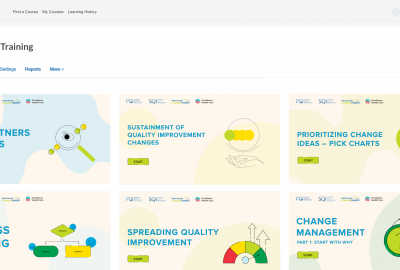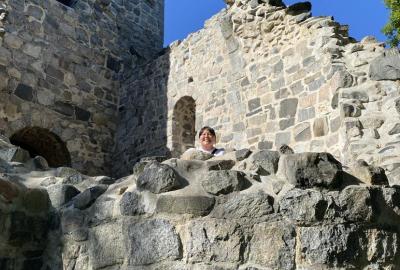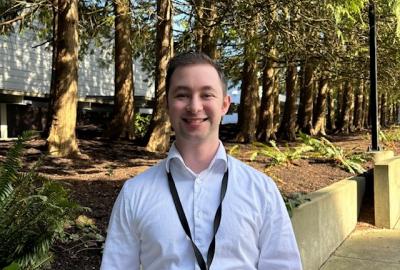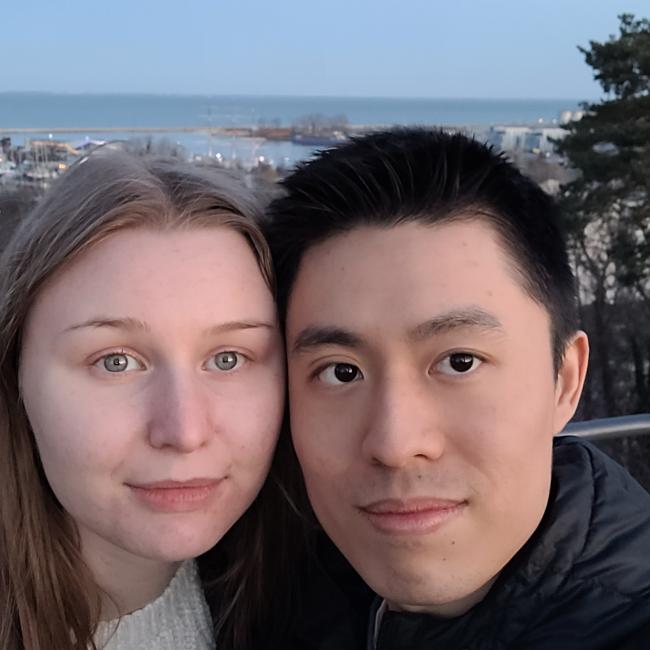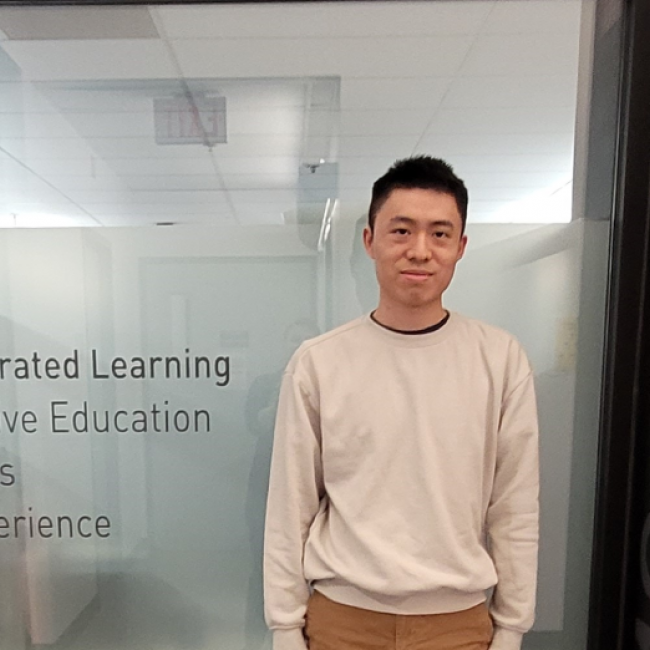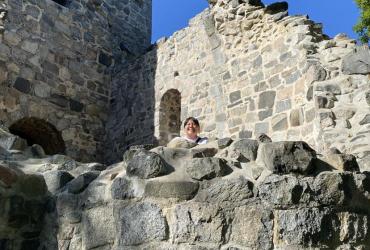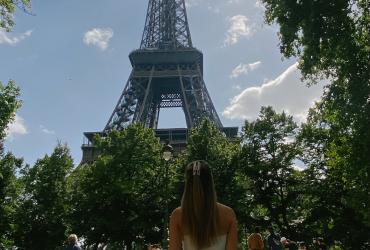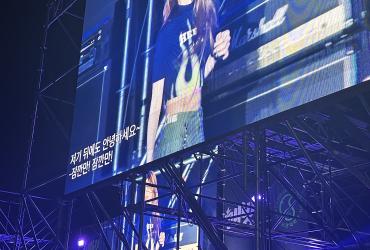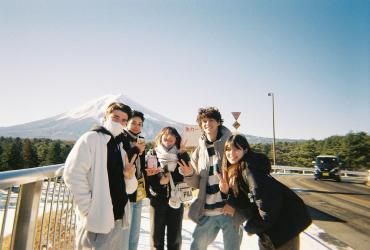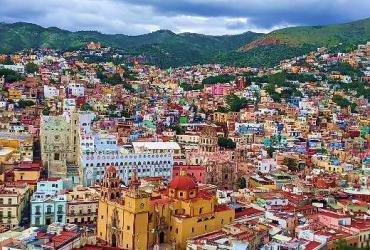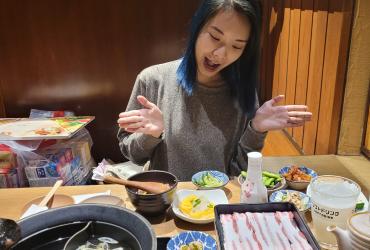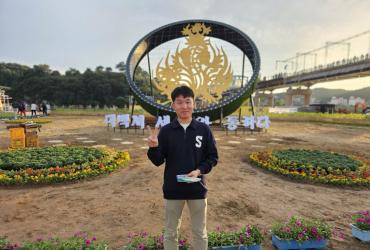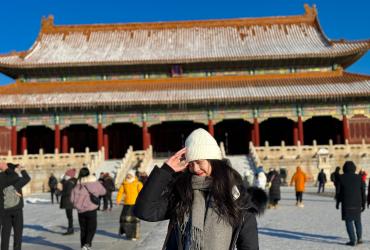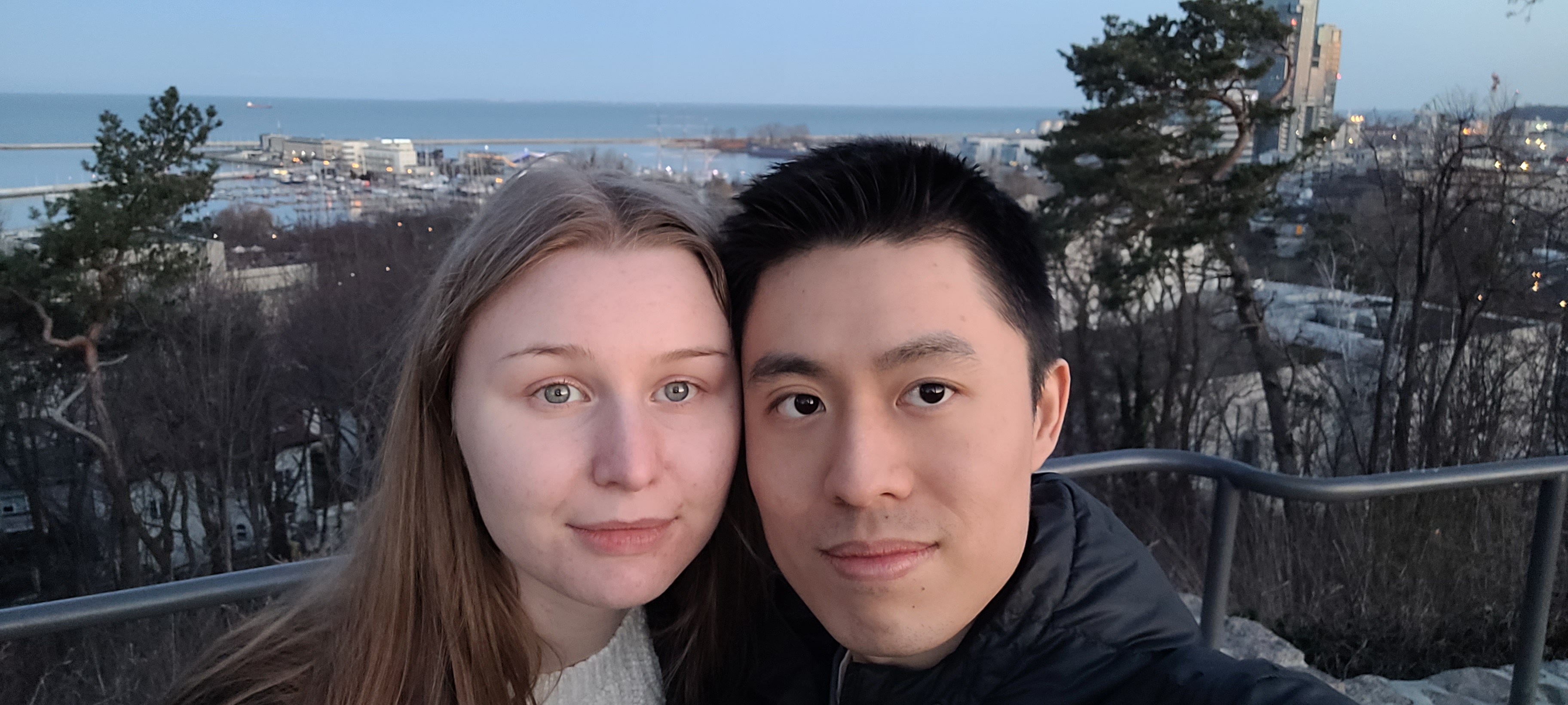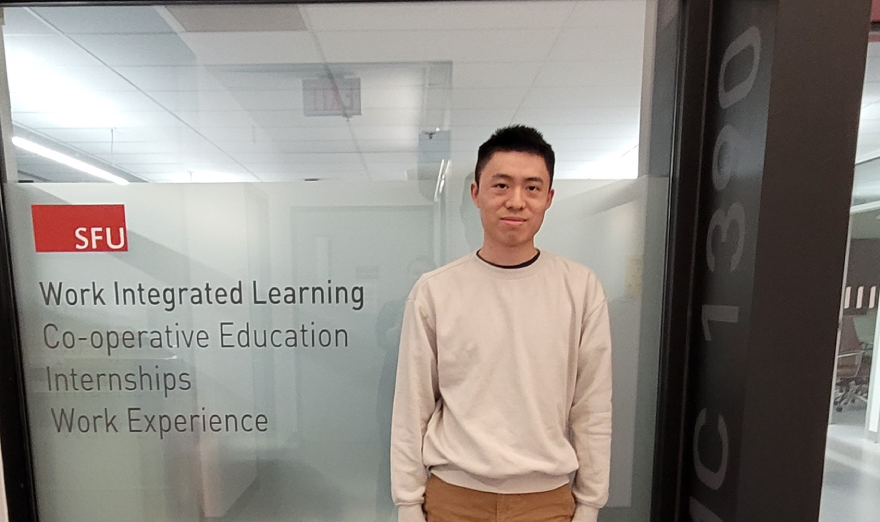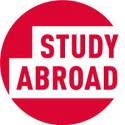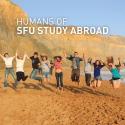United Kingdom
We started our journey by flying to London as it was nearly impossible to get there by train across the ocean from Sweden. Luckily for us, London also hosts the biggest Canada Day celebration in the world outside of Canada so we could experience Canada Day while being halfway across the planet. That made it the perfect first destination for us as we got to celebrate that while exploring the megalopolis of London. An unexpected thing that happened was that we had a chance to see King Charles just meters away as his motorcade drove past us outside of Buckingham Palace. If we didn’t stop to put on some sunscreen, we wouldn’t have seen him certainly. We ended our weeklong trip in London with a visit to the HMS Belfast warship museum in the middle of London. This ship is the last surviving historical warship which participated in WWII during the landing on the beaches of Normandy. I can only summarize my experience on that historical ship with the utmost newfound respect I have for all the sailors, soldiers, and workers who sometimes spent years on that ship sailing across the rough seas away from their families, friends, and home, not knowing when or if they will ever return.
London, United Kingdom
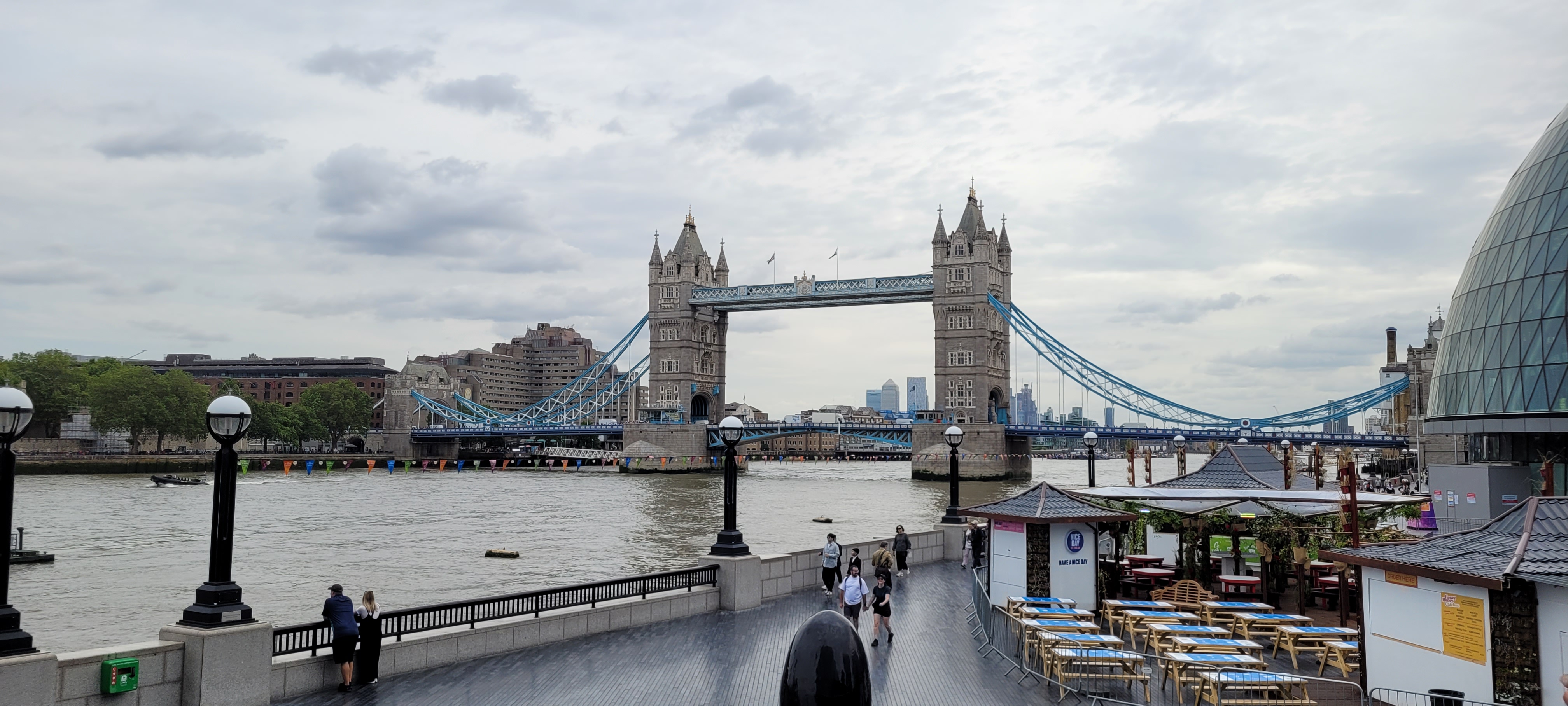
Tip: To save money on flights to London from Europe, try looking at other airports such as London Stanstead where RyanAir flies to instead of Gatwick or Heathrow where flagship airlines are based in.
Belgium, Netherlands, and Germany
After London, we took the Eurostar train which runs under the English Channel all the way to Brussels in Belgium. From Brussels, we took a FlixBus to Amsterdam as it was quite affordable and we could save one of our train days from being wasted for such a short journey. We found Amsterdam to be a wonderful city with beautiful Dutch architecture and canals. It felt very safe due to the number of tourists and the bustling nightlife as there was always someone somewhere at all times. I would definitely recommend a visit to Amsterdam if you enjoy museums, trams, cycling, food, or just good old sightseeing.
After our four-night stay at Amsterdam which ended with an intense storm, we ventured across the border into Cologne in western Germany. We were fascinated with the impressive gothic style cathedral mixed with the Germanic architecture of Cologne. After a brief day, we made our way to Berlin across the country on the comfortable and modern Deutsche-Bahn German high-speed trains. We were able to walk along the famous Berlin wall and visit checkpoint Charlie while soaking in the monumental historical attractions which surrounded us. After all, Berlin was the city that had reshaped and redefined the world as we know it in various times across history.
Brandenburg Gate in Berlin, Germany
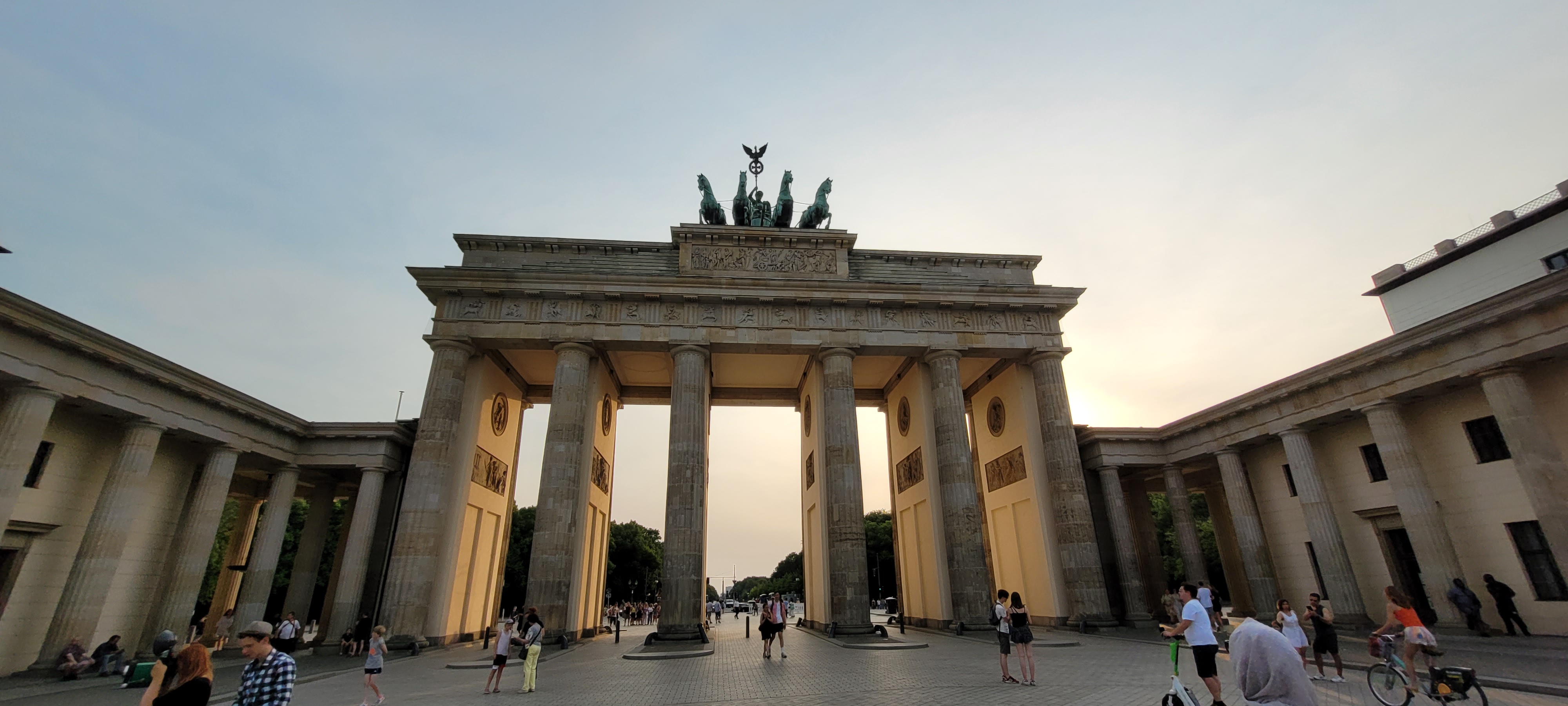
Tip: Over half of all transactions in Germany are conducted using cash. Unlike in Belgium or Netherlands, many places don’t accept card so make sure you have enough Euros.
Poland, Czechia, and Hungary
Now, I must keep my story shorter as there were simply too many places and experiences for me to cover them all. After Germany, we had a chance to visit Kraków and Katowice in southern Poland. There were a lot of amazing museums and historical attractions as the Auschwitz concentration camps are located nearby. We then moved onto Prague in Czechia during the record setting heatwaves. From there we visited the Prague Zoo which is one of the world’s biggest zoos being located atop a massive hill overlooking the historical city. We saw giraffes, birds, elephants, and even polar bears in the middle of the summer! After our crazy heatwave experiences, we ventured towards Budapest, Hungary hoping for cooler and milder temperatures. In Budapest we got to see the famous Danube River alongside bridges and castles that have stood there for hundreds of years. Perhaps our wish for cooler temperatures were finally granted as we were greeted by a sudden thunderstorm bringing much needed rain.
Central Prague, Czechia
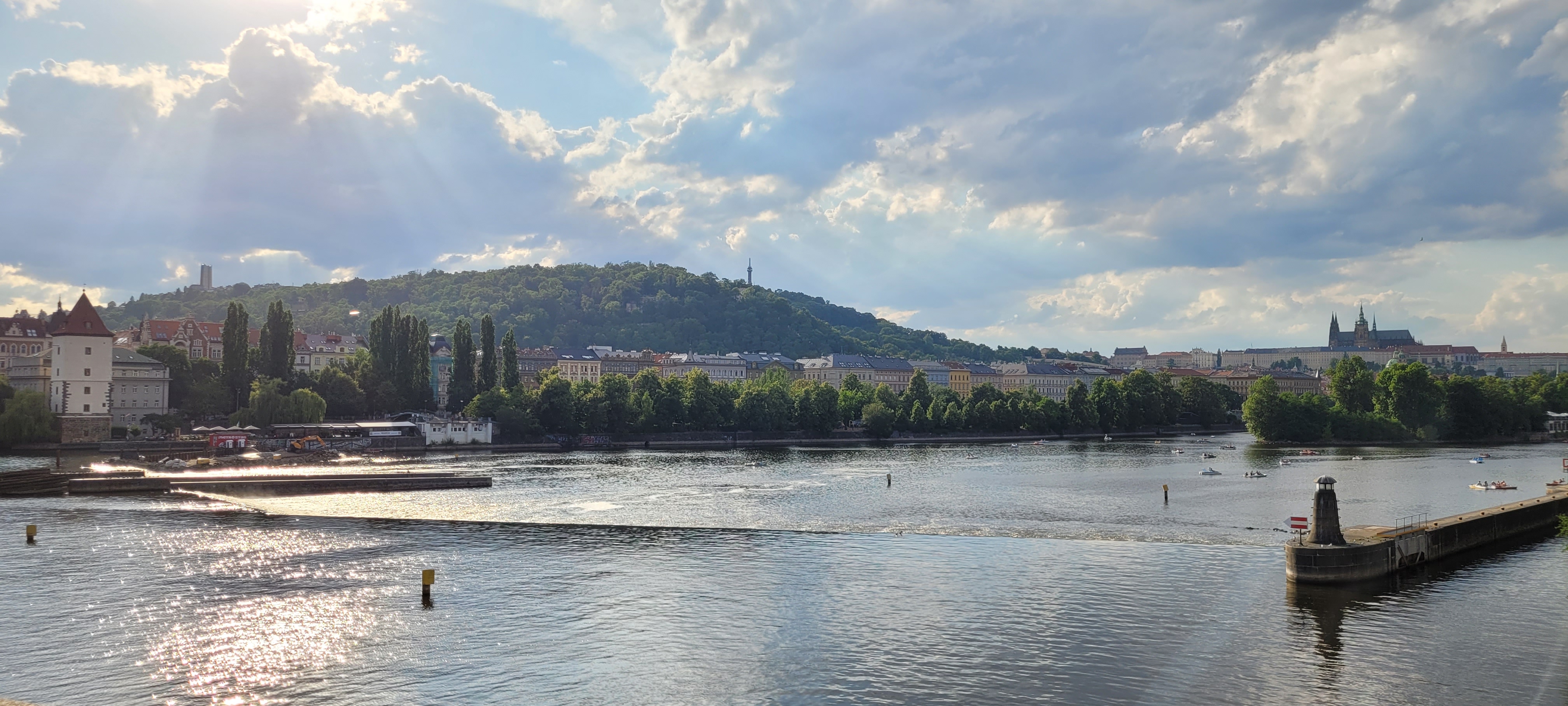
Budapest, Hungary
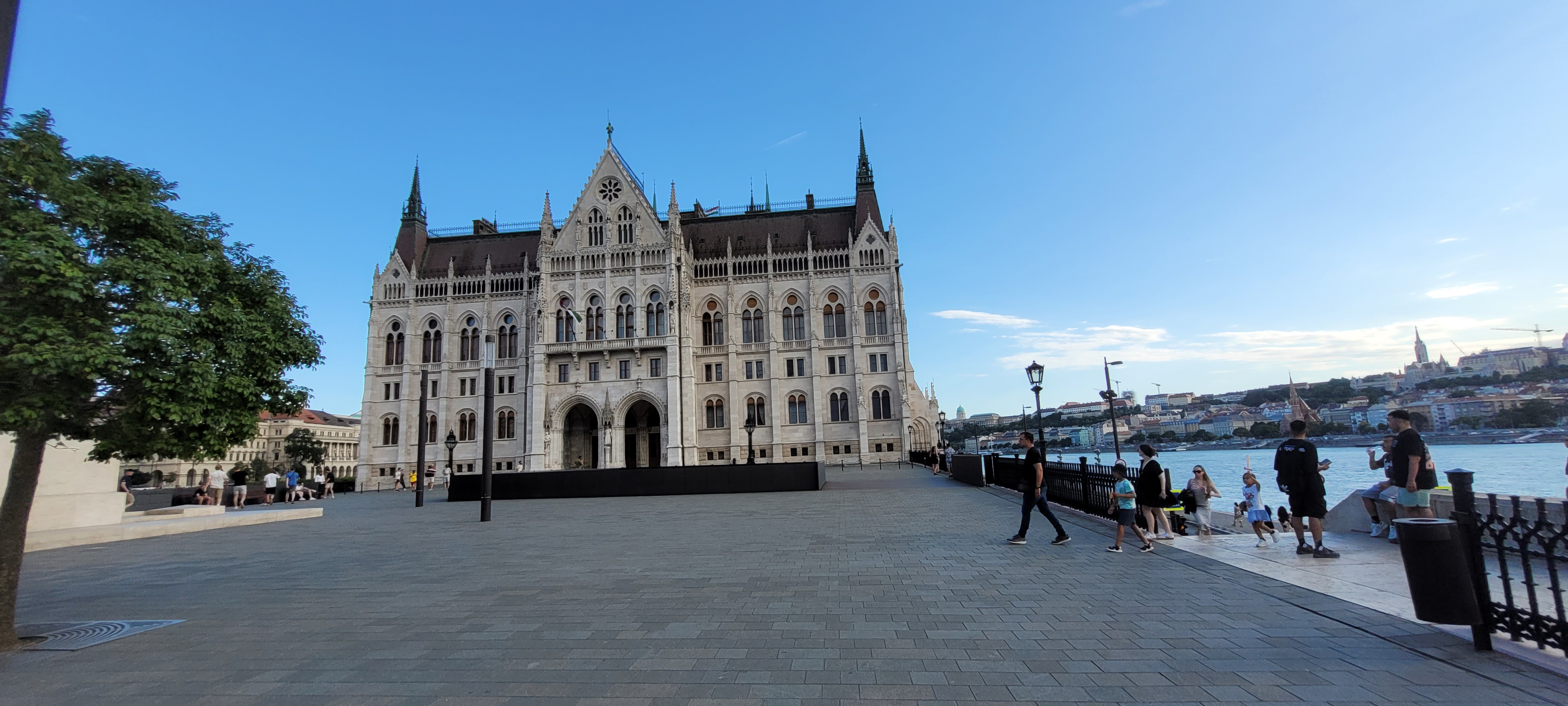
Seawall in Gdansk, Poland
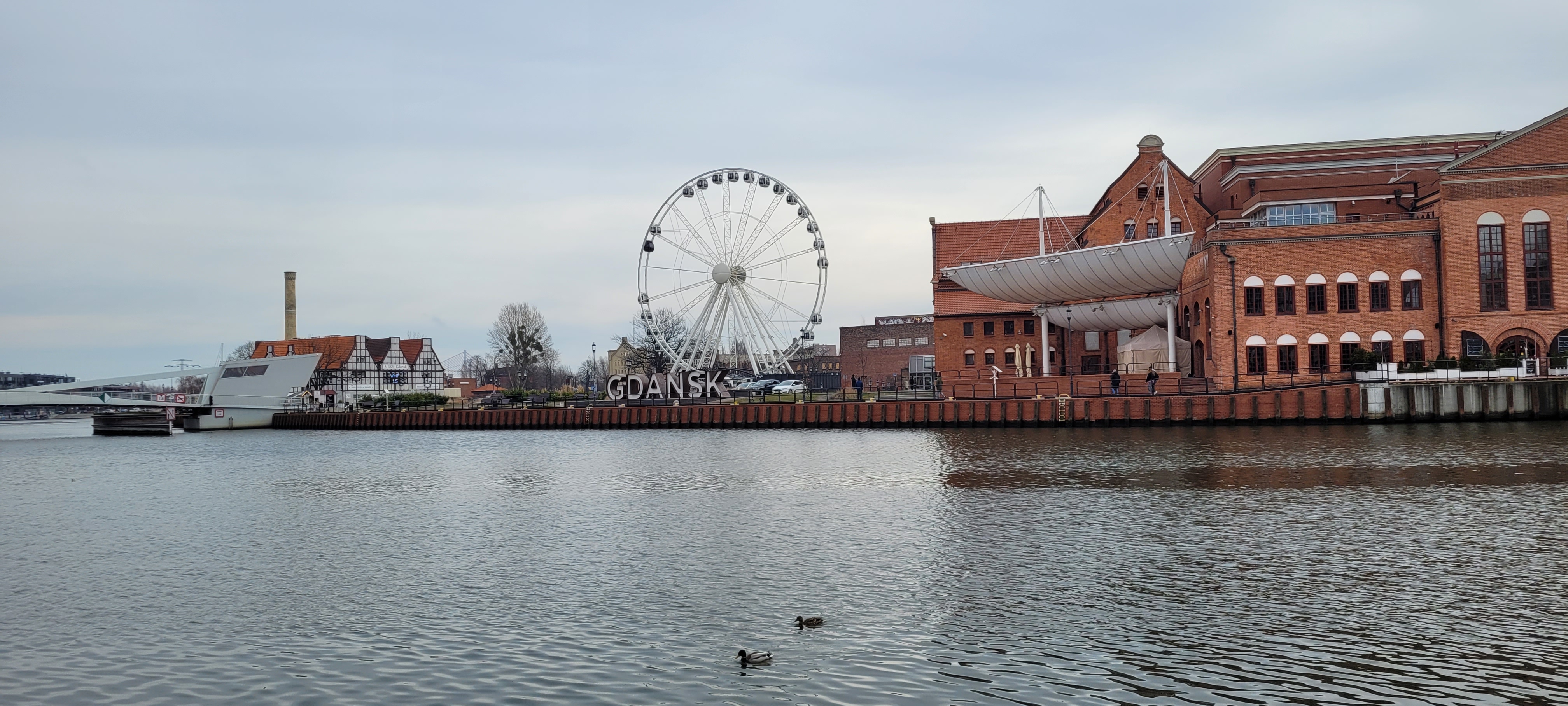
Tip: All three of these countries use their own unique currency and are not part of the Eurozone so they don’t take Euros. Some street vendors may accept Euros but at very bad exchange rates so ensure you have either Polish Zloty, Czech Koruna, or Hungarian Forint if you do visit! (Don’t exchange your money at airports, bus stops, or by touristy old towns as they generally give the worse rates)
Croatia and Italy
Afterwards, we ventured south past Slovakia and towards the picturesque capital of Croatia, Zagreb. Croatia is one of those countries that many don’t mention or have even heard of. It is a very beautiful country, and I can only describe it as a more affordable Italy mixed with Eastern European culture along with its coastal mountainous landscapes. From Zagreb, we made our way by bus to Rijeka before finally arriving in Venice, Italy by train. Venice was exactly what I thought it would be from everything I’ve ever heard of. It was full of canals and gondolas for as far as your eyes could see. But it was extremely crowded with record breaking tourist numbers combined with record shattering heatwaves. Not a very fun combination as you try not to get swallowed up by the massive crowds while fighting the deadly heat. Our Italian adventures didn’t just end there as we headed towards Milan on the western side of Italy next. Milan could truly be described as a city where modern Italy meets the remnants of the historical and cultural Roman empire of the past.
Tip: Rather than just trains, it can be cheaper and just as fast to travel by Flixbus within Croatia and parts of Italy. Also ensure you have enough cash as it varies from region to region for cash acceptance.
France and Spain
When it comes to our experiences with France, it pretty much went as expected as we opted to avoid major touristy cities with unreasonable prices. Instead, we chose to visit smaller overshadowed cities such as Nimes and having a quick layover in decently affordable Lyon. We did spend a few hours in Marseille on the way through France and I can only describe the experience as disappointing due to the chaos, protests, and garbage littered streets. However, our experience at the historical Roman city of Nimes was unexpectedly amazing and fascinating.
Tip: Similar to Italy and Croatia in some sense, be prepared to either have your Google Translate handy or knowing some basics of French or Spanish as very few people speak English. Spain has some of the lowest English literacy rates in Europe and the world so be prepared to ask for help if necessary.
Switzerland, Germany and Denmark
Now, I'm not sure where to start but almost everyone knows the amazing beautiful scenery and nature of Switzerland. Even though I expected the sights to be amazing, I never thought it would take my breath away like the way it did. We had the opportunity to take the panoramic "Golden Pass Scenic Train" which went through the Swiss Alps. Best of all, this was actually included in our Interrail Pass meaning it didn't cost anything extra besides a travel day which was already being used! Now I haven't watched Lord of the Rings yet, but I can understand how the landscapes of Switzerland would later come to inspire the making of that series.
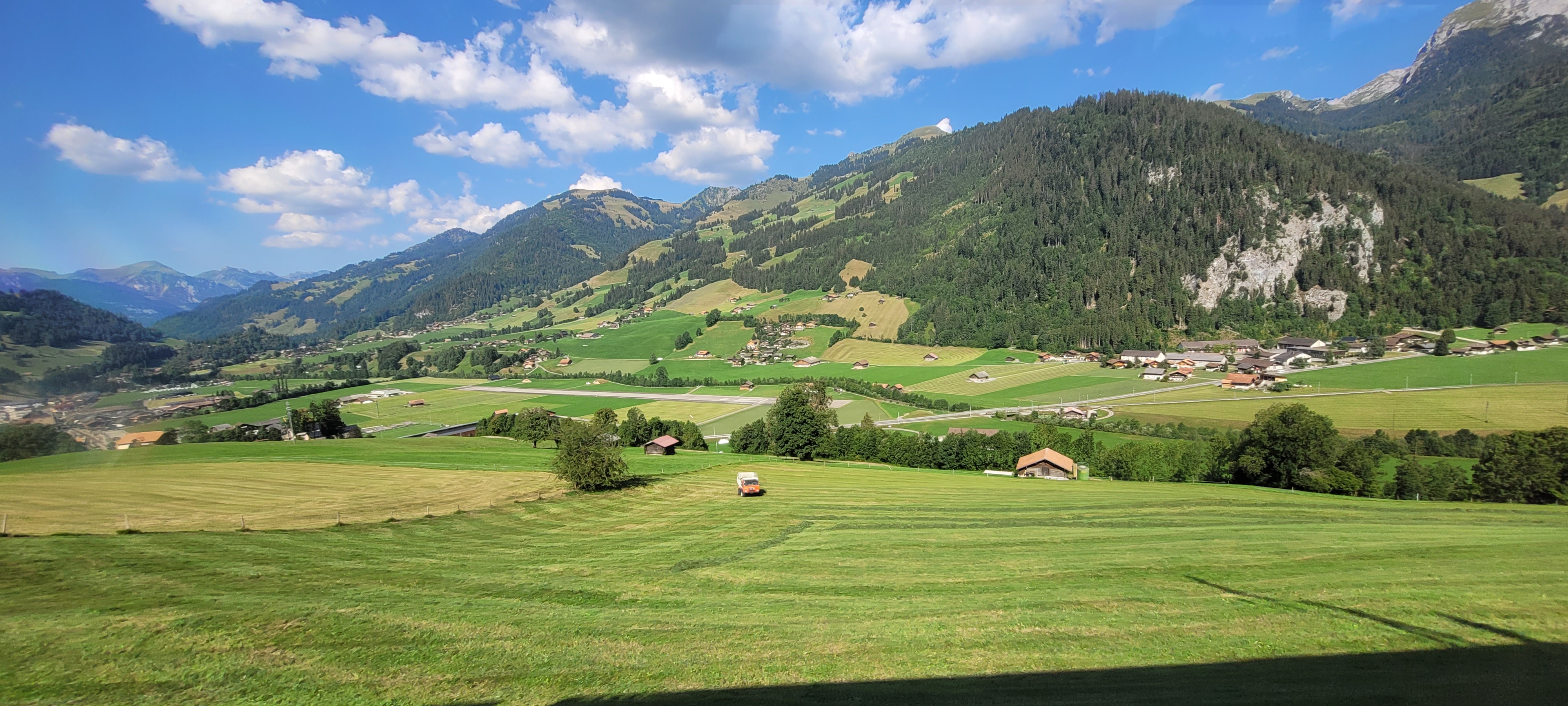
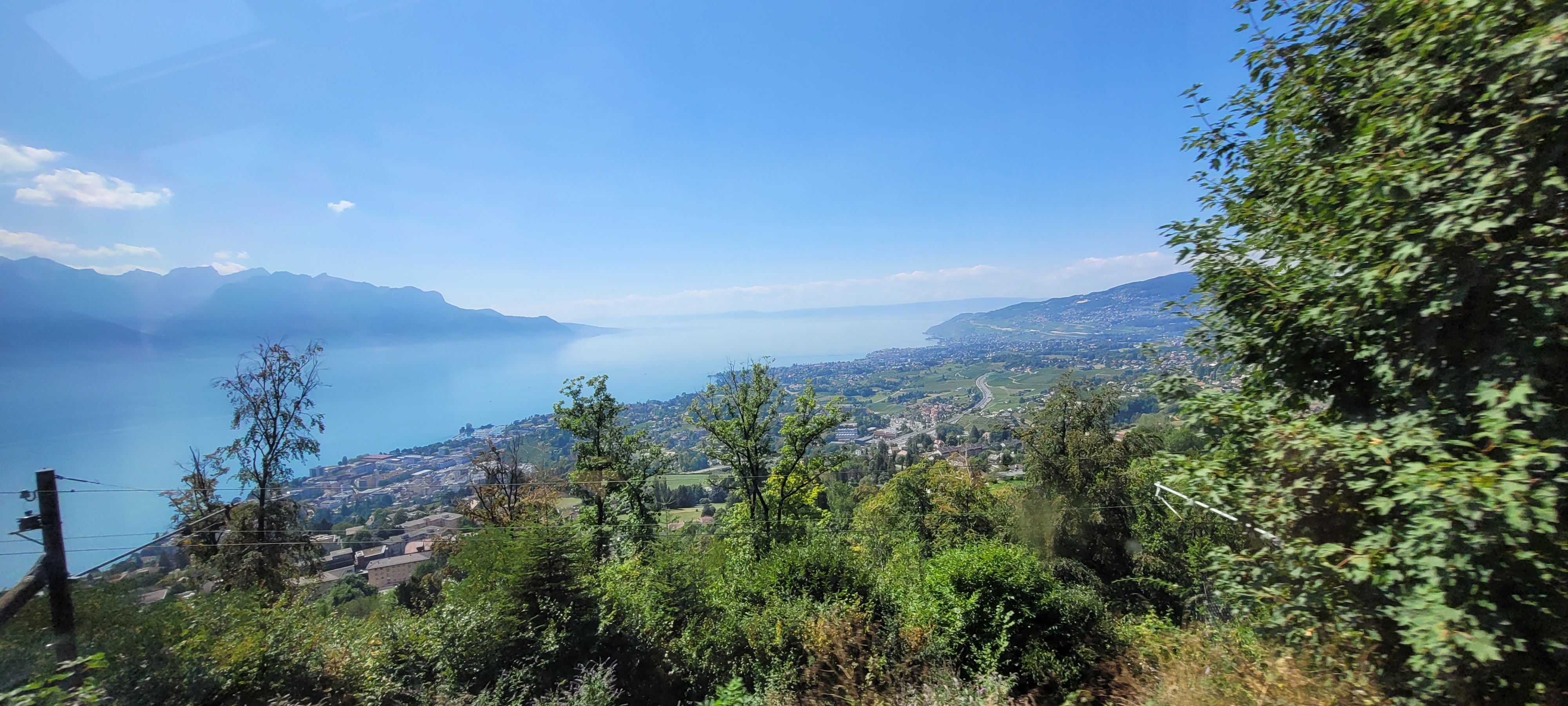
Lake Zurich in Switzerland
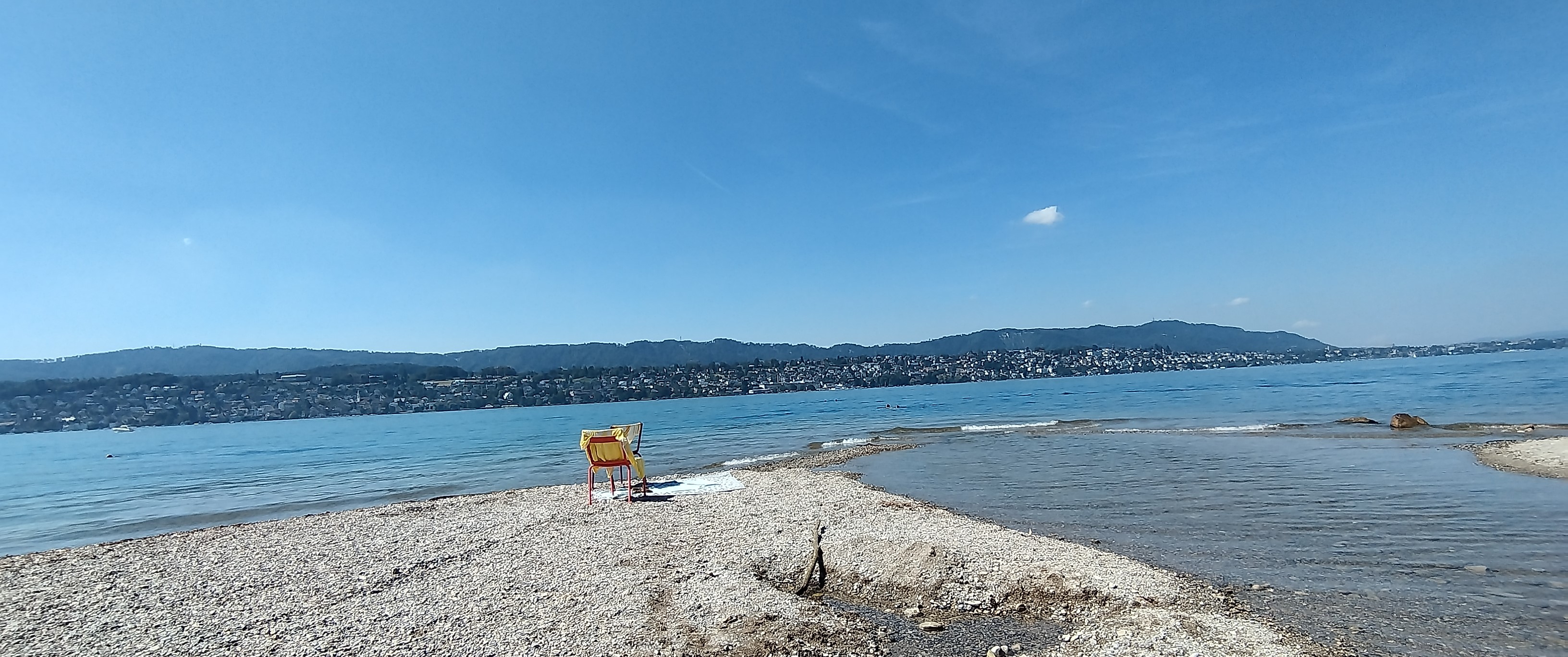
Tip: Honestly the best tip for Switzerland is don't spend any money on anything that isn't essential or necessary. Everything in Switzerland especially in Zurich is astronomically priced as the average salary in Switzerland is double or three times the average salary of a Canadian.

